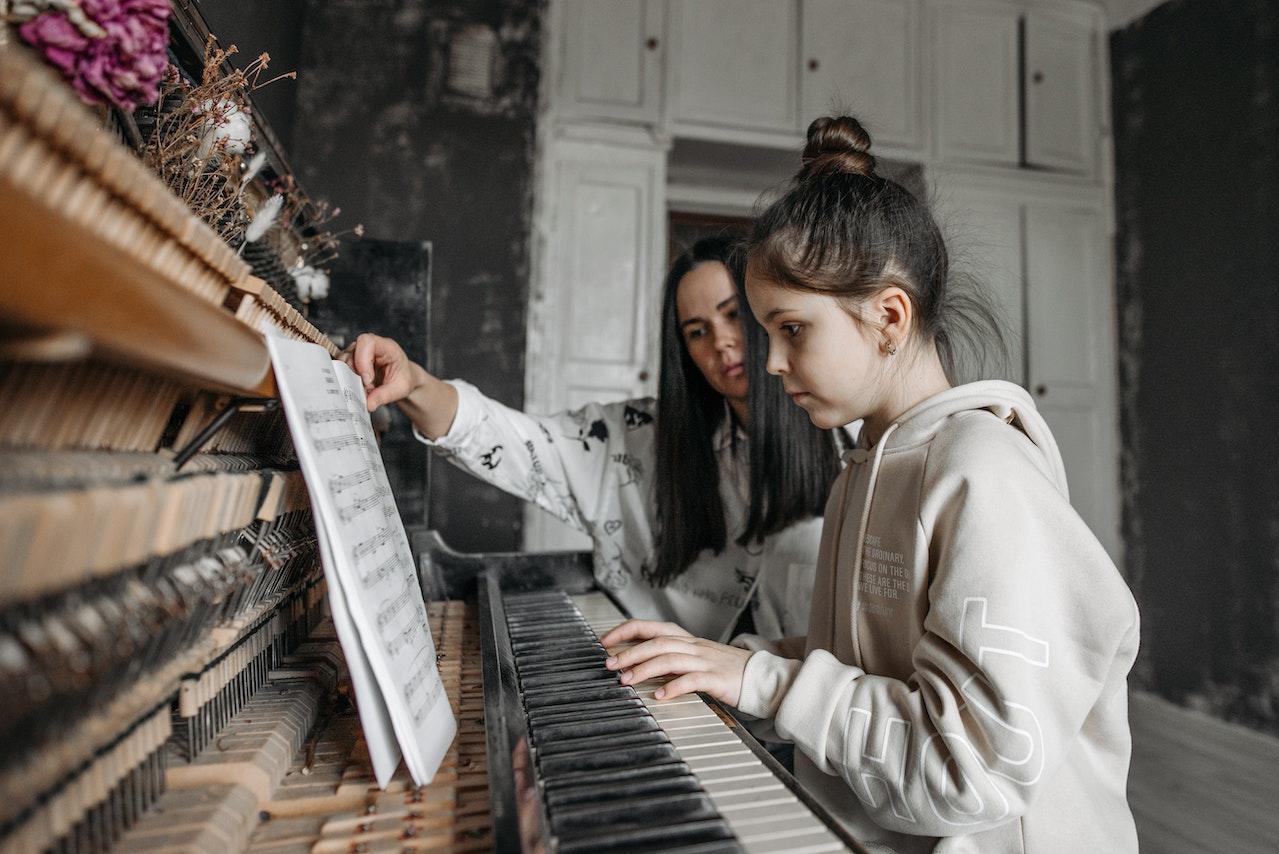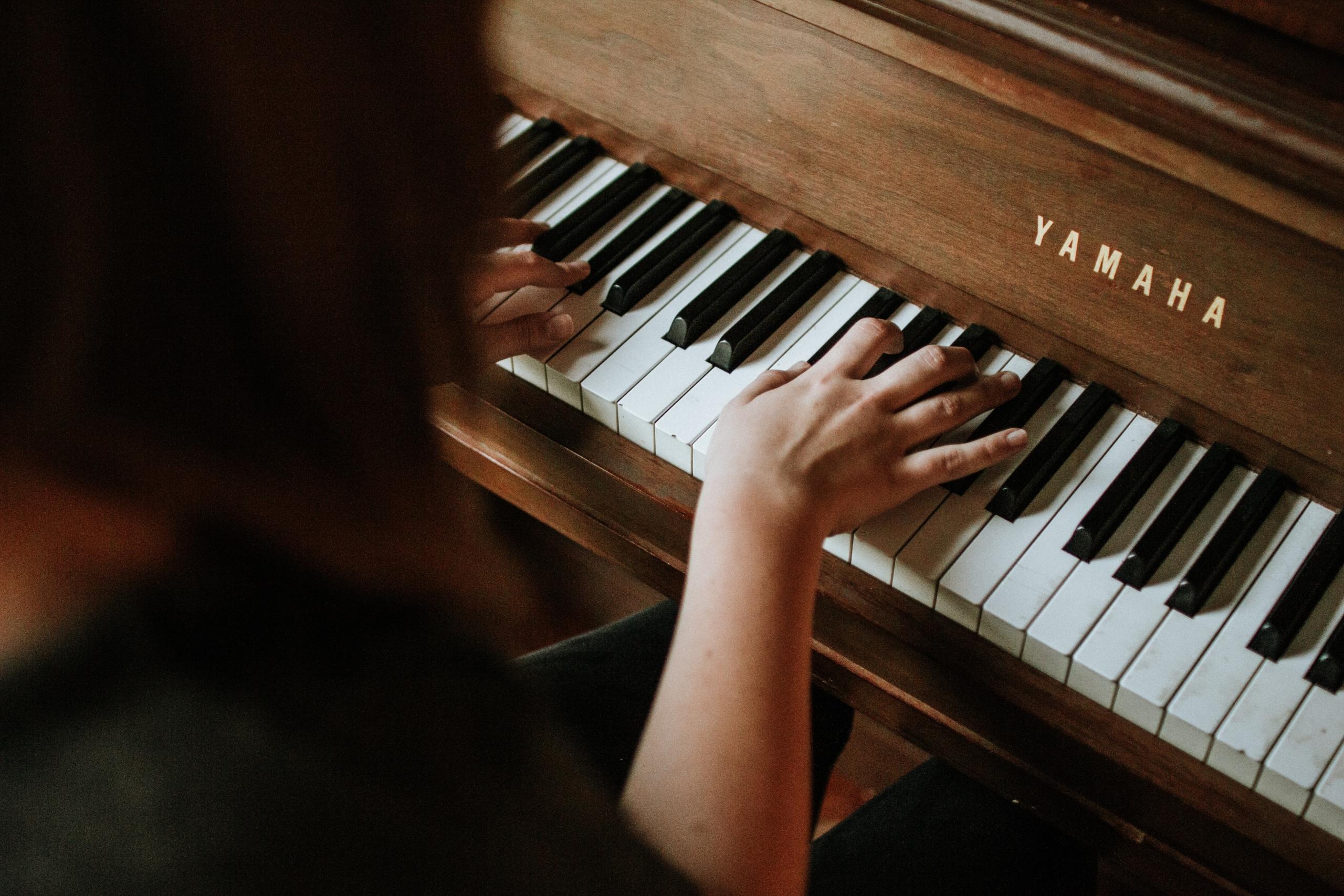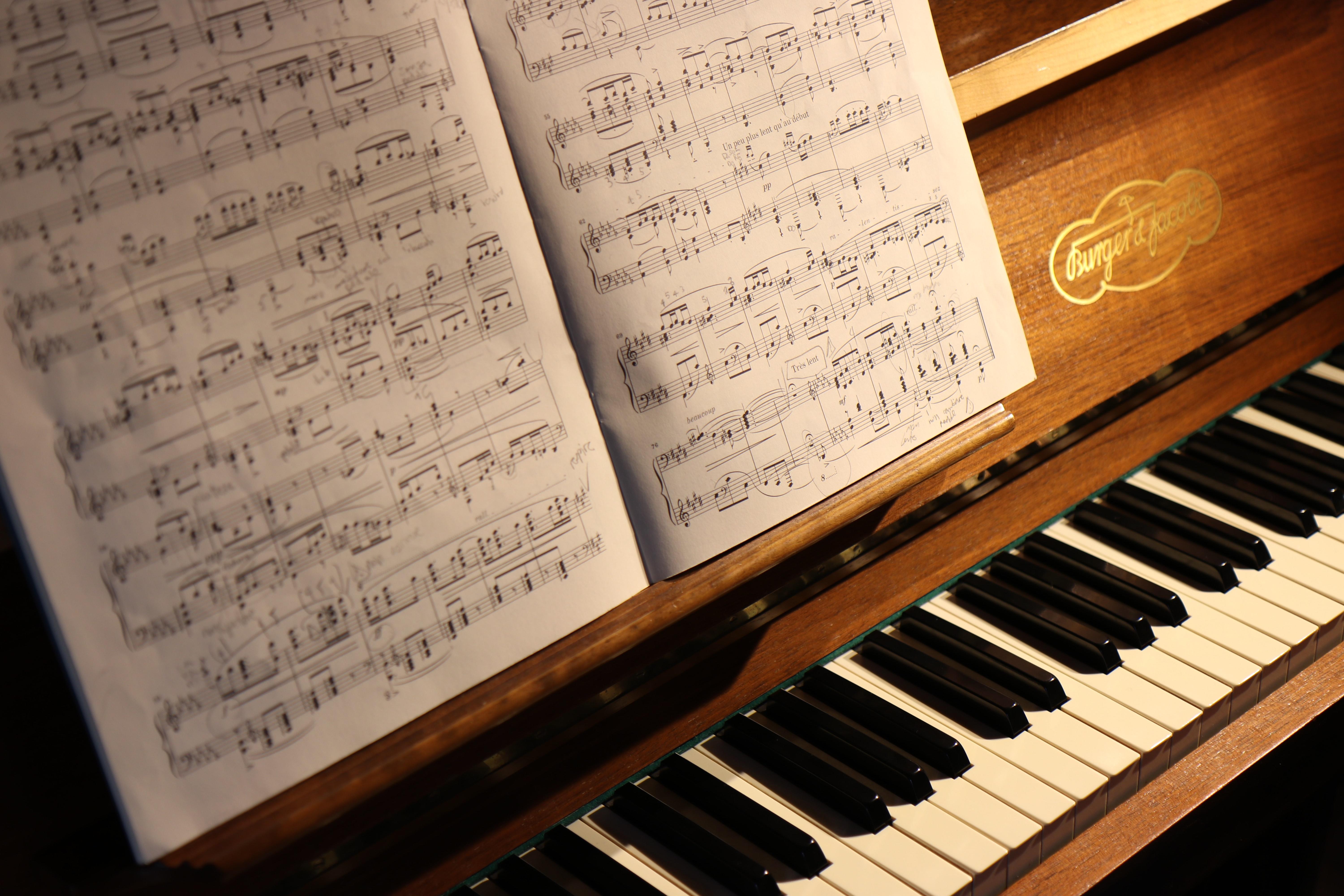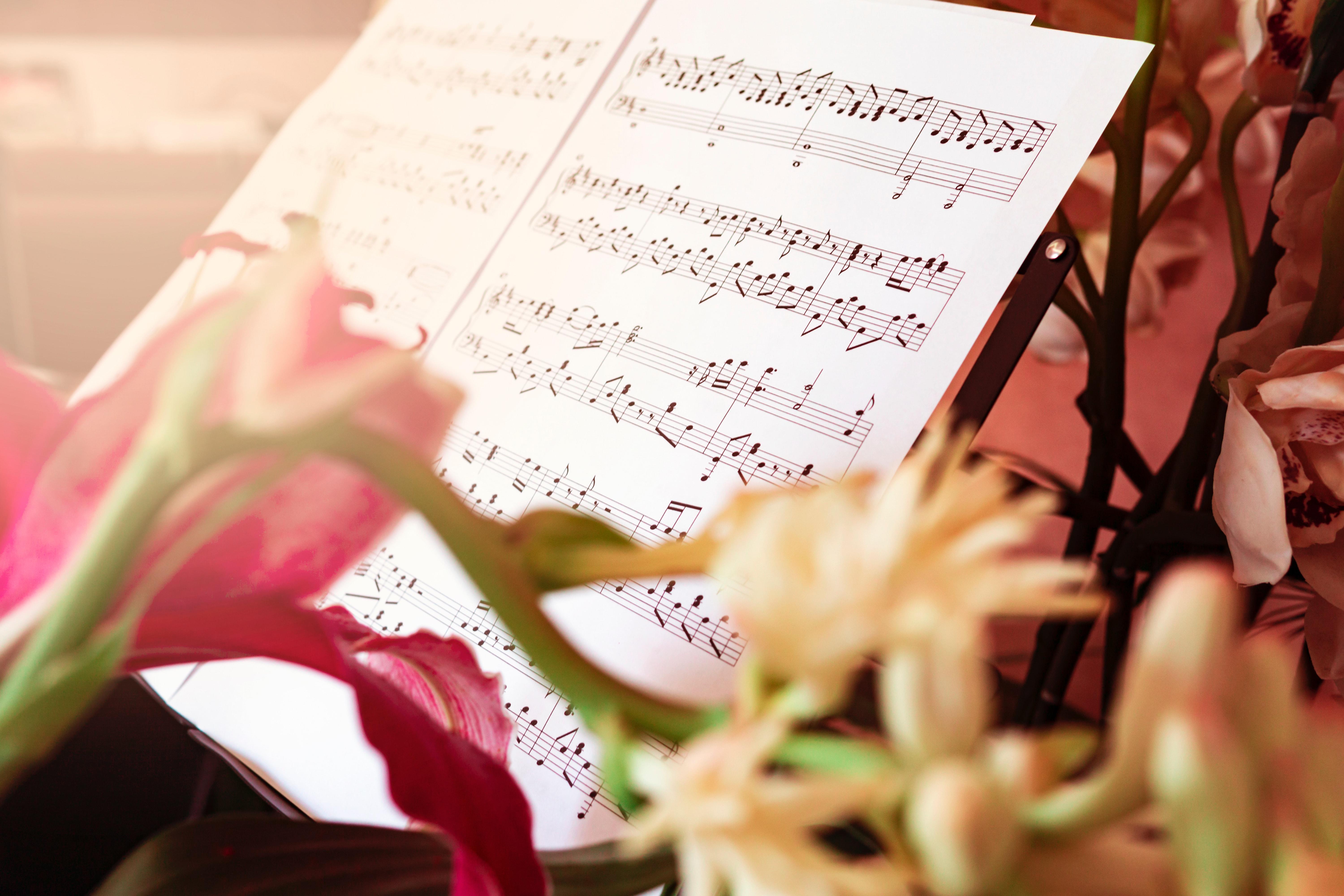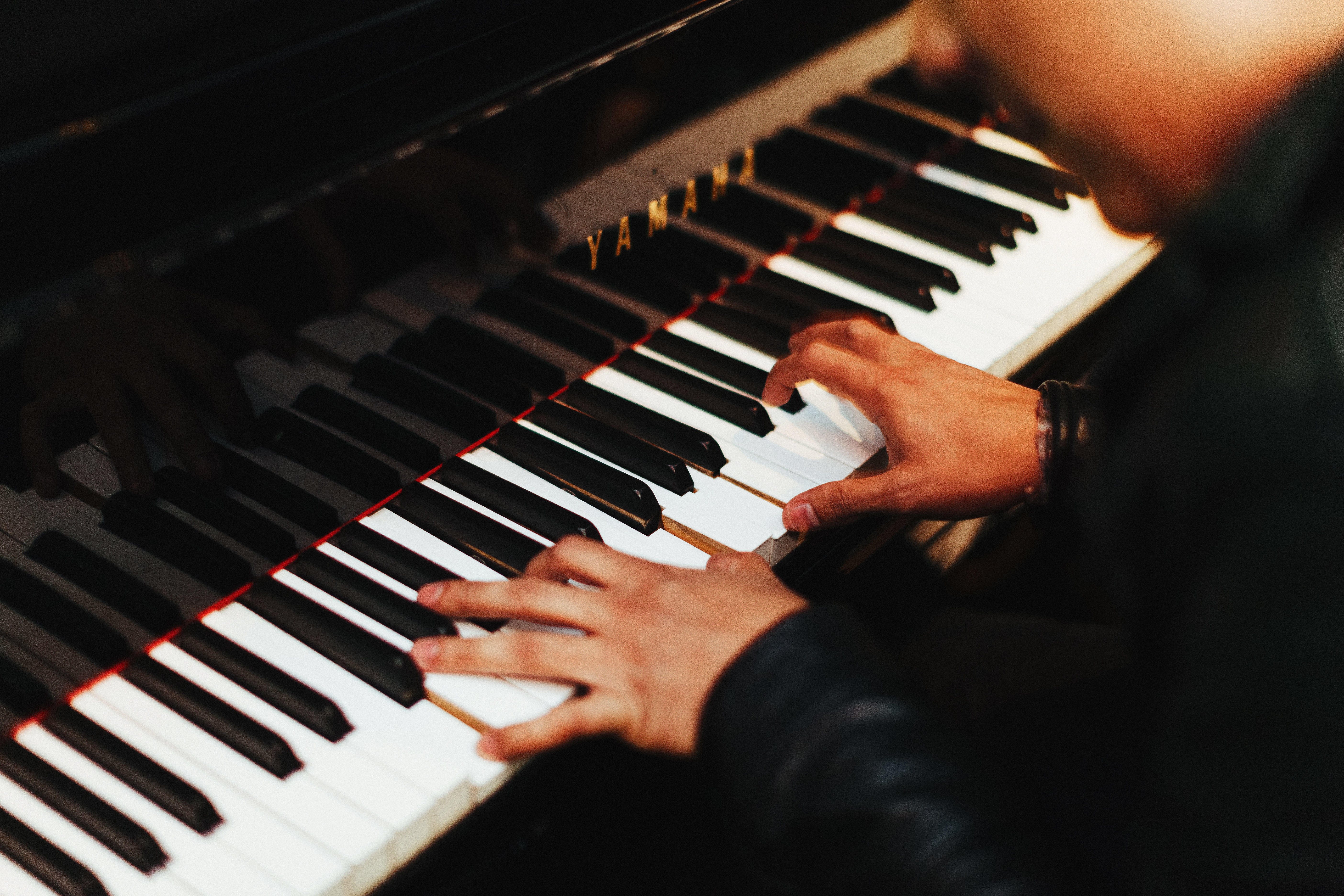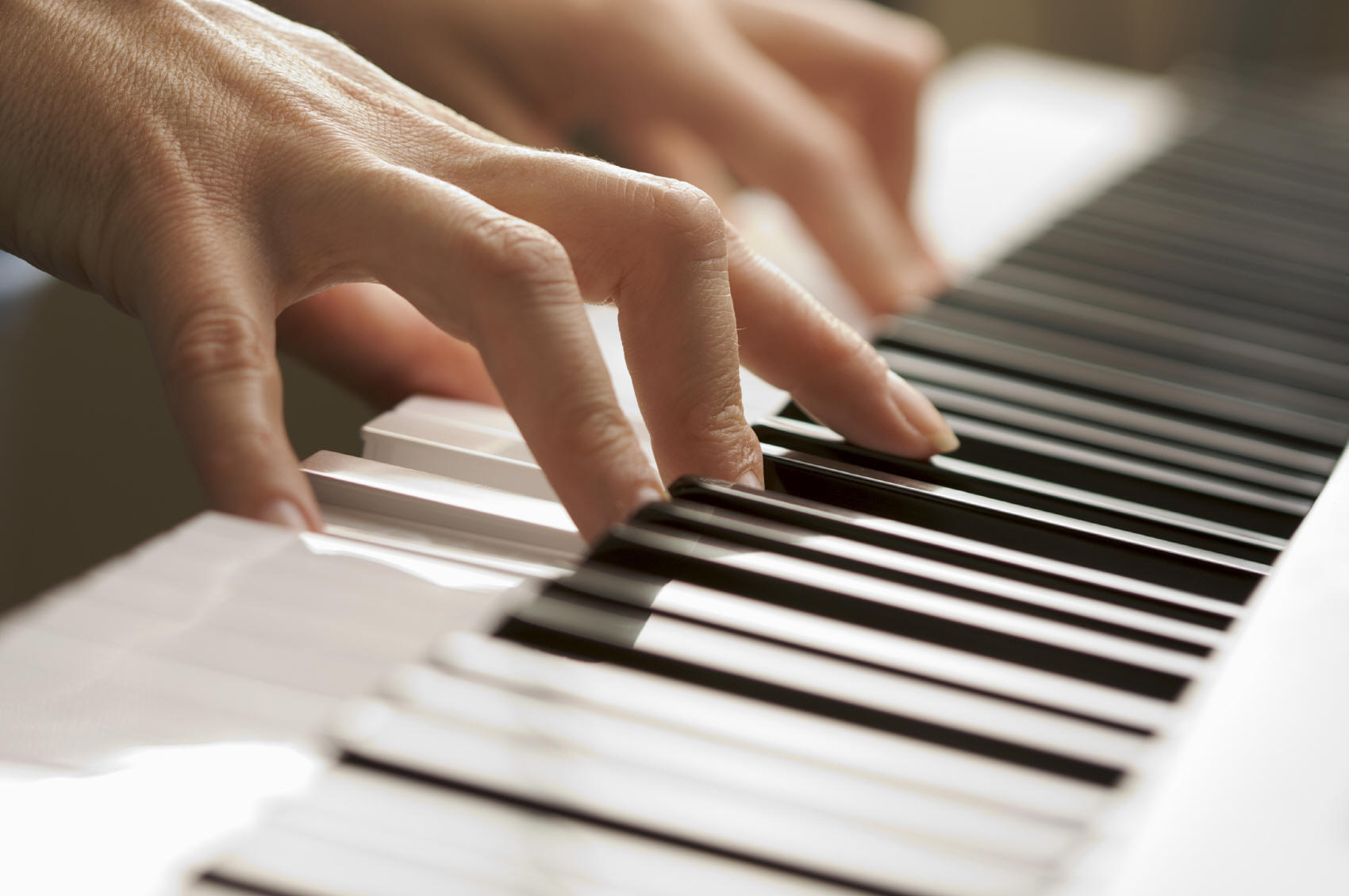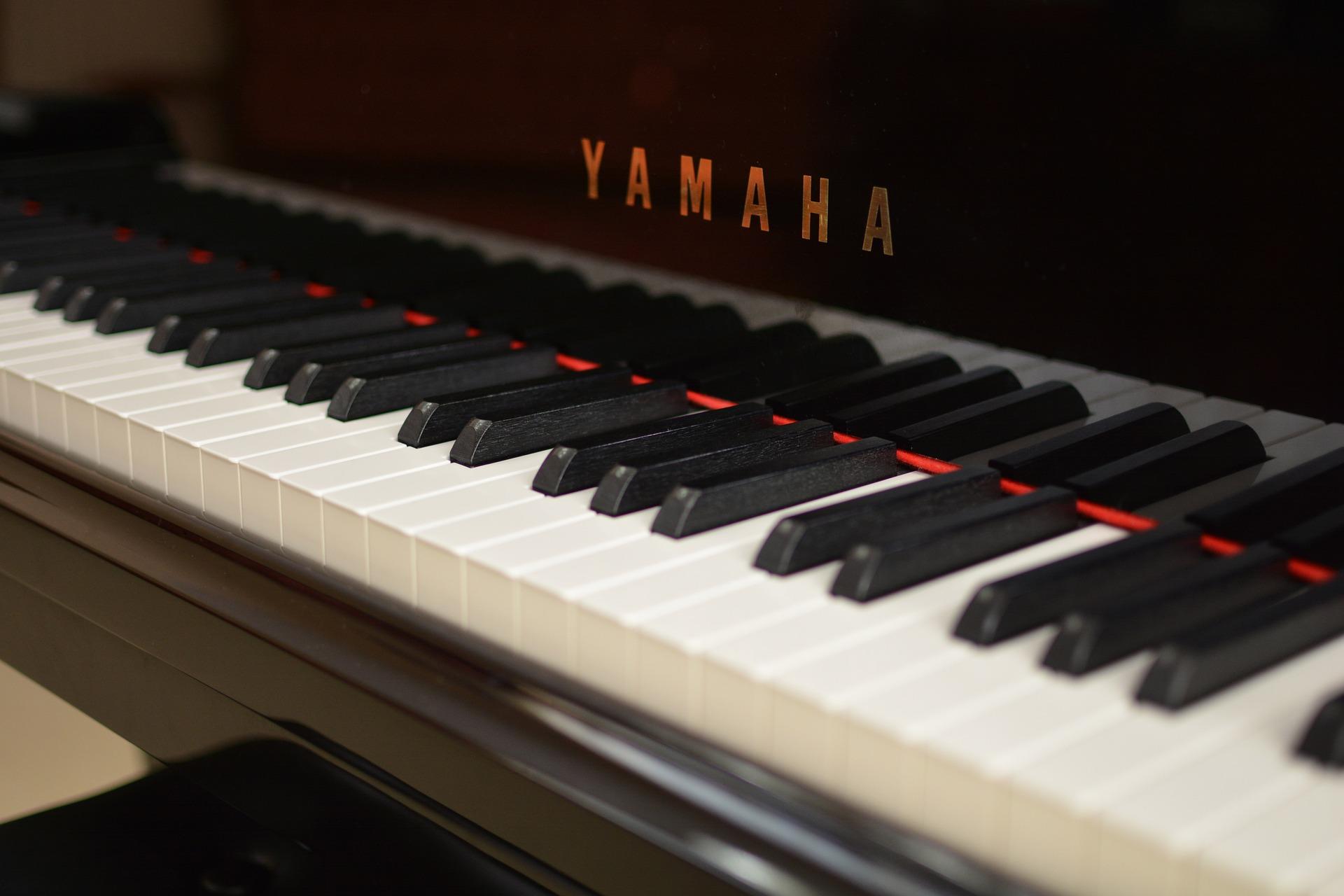The piano is one of the greatest instruments in the world. Due to its nature, it allows the player to sing along with a musical accompaniment of their own making, encompasses a huge spectrum of notes, tones, and volumes, and has been historically popular for hundreds of years.
And it’s still just as popular today!
Pianos are used in all sorts of genres of music, far beyond just classical compositions. Furthermore, keyboards are prominent in the spaces where pianos are not, like in electronic music. And what is a keyboard but a modified piano?
Learning any instrument increases your ability to think, your culture, and your experiences in life, and provides many other amazing benefits.
Encouraging your children to learn the piano can help set them up for a more intelligent and creative life, even if they don’t stick with the piano in the long term.
Playing the piano is for everyone, so why not look into hiring a teacher for yourself or your kids? Here’s a quick run-down of how to do just that!

Where To Find Private Piano Instruction
The benefits of having a private tutor include personalised advice and tailored weekly lessons, which many people find appealing.
You can easily find piano teachers both online and in-person, and learn both ways as well.
In-Person
When looking for a face-to-face teacher, you’ll have to stay close to home, of course. This means the best ways to search are through local mediums like the newspaper, bulletin boards, Facebook, and word of mouth.
Try to get references from people so you know that your prospective teacher has some people vouching for their expertise!
You can also search online for “piano teachers near me” and see if any of your local tutors have online profiles. In more rural areas, this might be harder to achieve.
Online
If you want to learn via online lessons, you have a much wider net to cast as far as finding a teacher. You can search for local and international piano teachers with Superprof, and you can choose whether you want face-to-face or virtual classes!
Other great resources to check are MusicTeachersDirectory.org, Facebook, and a good old-fashioned Google search.
When you search online, you can more easily sort your search by the criteria that are most important to you like cost, the experience of the teacher, and speciality lessons (for example, say you want to learn a specific style of music).
With talent from all over the world at your disposal, you can find the perfect teacher, whatever your needs might be!
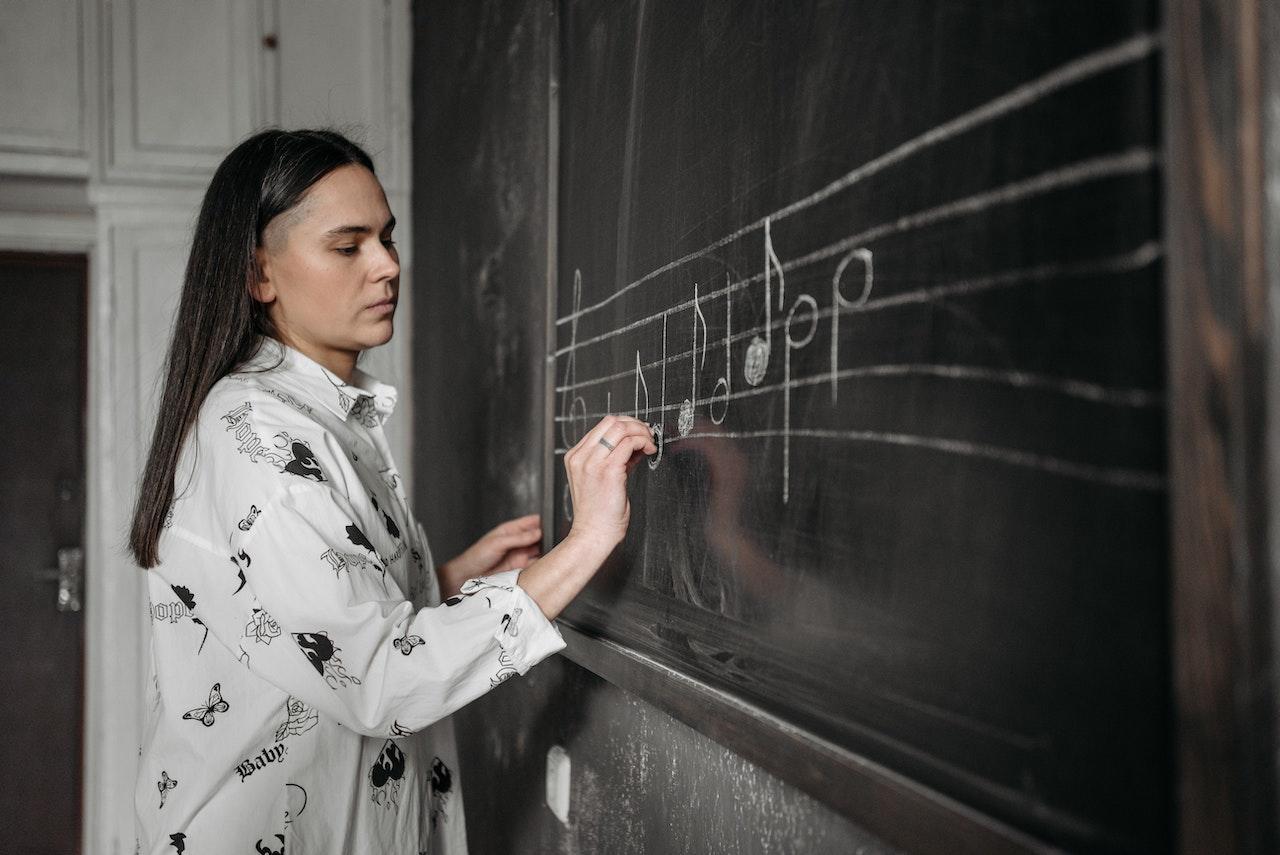
How to Choose Your Piano Teacher
Choosing a teacher is just as important as choosing which instrument to learn. If you and your teacher fundamentally don’t connect, you might not enjoy your lessons and decide not to continue. Opposite, a great teacher can help you feel even better about your decision to learn the piano and spark a lifelong passion!
Here are some key factors to consider when choosing a private piano tutor:
Qualifications and experience
Look for a tutor who has formal qualifications in music, such as a degree or diploma, and who has experience teaching piano. Check their website or profile on Superprof for information about their qualifications and experience.
Some teachers might not have formal qualifications, which doesn’t mean they will be bad teachers! It just means they are better suited for beginner learners and children rather than advanced students. You can still check their reviews to see how other people have felt about their experiences.
Teaching style
Different tutors will have different teaching styles, so it's important to find one that matches your learning style. Make sure they are willing to work with you on the skills you want to master. If you like learning classical piano and want to go the traditional route, make sure you find a teacher whose curriculum encompasses that. If you’d rather learn piano covers of pop songs, it’s important to have a teacher who will want to teach that to you instead.
Availability and location
Consider how often you want to have lessons and whether the tutor's availability matches your schedule. Also, think about the location of the lessons. If you are taking face-to-face lessons, you’ll obviously need to find a tutor within your proximity.
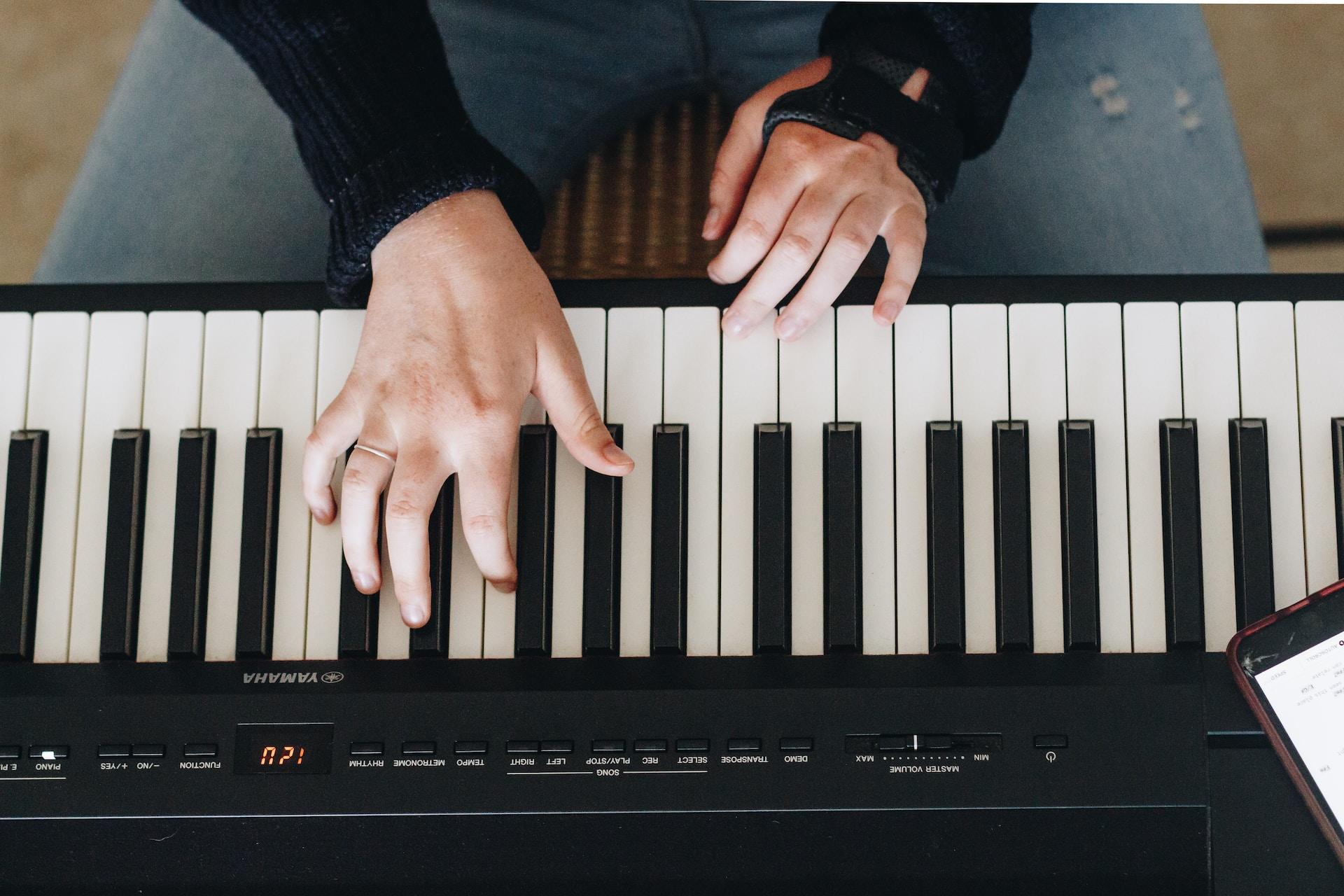
Cost
Private piano lessons can vary in cost, so it's important to consider your budget when choosing a tutor. Keep in mind that a higher price does not necessarily guarantee better quality lessons.
Reputation and reviews
Check the tutor's reviews and reputation online. Look for testimonials from previous students and/or professional recommendations. When checking online reviews, make sure you find out who is allowed to leave comments. Some online platforms allow people to leave reviews (positive or negative) regardless of if the reviewer has actually taken classes with the teacher. Superprof only allows reviews from actual students, so you can be sure that all reviews on a Superprof profile are 100% real.
With any tutor, see if you can set up an interview or practice session before you commit so you can talk about your goals and learn about your potential instructor’s teaching methods. It's important to find a tutor who you feel comfortable with and who you enjoy learning from. Learning to play the piano can be a long and challenging process, and having a supportive and encouraging tutor can make all the difference in your learning. Also, make sure you like each other as people so you can have comfortable, fun lessons!
What Will You Learn from a Piano Teacher?
Taking piano lessons might be a brand-new experience in your life, especially if you’re a beginner!
When you take instruction from a piano tutor, you can expect to learn both technical and theoretical skills about the piano and music.
The teacher should be able to help you become competent in reading sheet music, knowing how to play chords, how to play the keys with proper hand and finger placement, body posture, how to use foot pedals, and how to become more comfortable playing over time.
In the beginning, it’s natural that you’ll play more stiffly and struggle with timing. A good teacher will help you navigate that part of playing so you can feel more at ease in front of the keyboard.
You’ll also learn a bit about music theory, how to anticipate notes, and maybe about the history of piano music, composers, and players.
Most of all, you should be learning how to enjoy and have confidence in your abilities as well as a deeper appreciation for music.
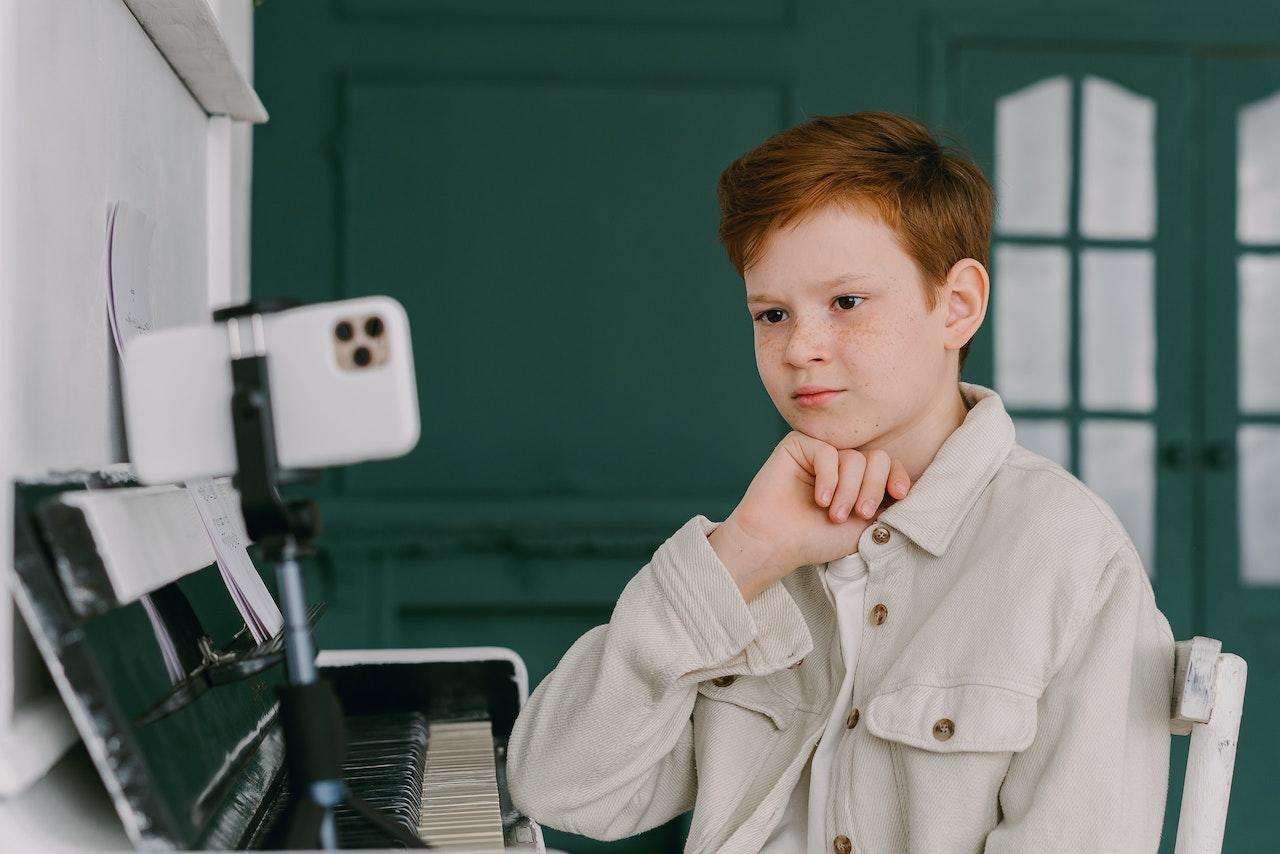
Cost of Piano Lessons
Private piano lessons provide a convenient alternative to taking piano lessons in a conservatory or music school. You can pursue other education and keep a career while also learning piano in your spare time.
The cost of piano lessons includes more than just the hourly rate. Private piano tutors are typically self-employed, and their rates need to cover their expenses, including preparation and planning time. Additionally, the more experienced the tutor, the higher their fees will be.
Location and travel time can also impact the cost of piano lessons. As a general guideline, an hour of piano tuition can cost between $30 and $70. You can also find half-hour sessions for around $30, which, while more expensive per hour, can be great if you have a tighter schedule.
Equipment
The other factor to consider when it comes to piano lessons is the cost of equipment.
If you’re taking in-person classes, you may be able to use a piano or keyboard that your teacher has in their classroom. Or, if they come to you, they might have a keyboard they bring along with them.
The downside to this is that, in order to progress your practice, you will need to be able to play the piano in your own time, multiple times throughout the week, not just when you’re in a lesson.
You might be able to find a friend or relative who can loan you their piano or let you practice at their home.
If you’re learning online, you’ll definitely need to have access to these borrowed instruments, or else you’ll need to invest in purchasing one.
You can find keyboards great for piano lessons for beginners that cost around $200. Or maybe you can find one second-hand for less!
“Music can change the world because it can change people.” – Bono
Piano Lessons for Kids
Lessons for kids tend to be cheaper than lessons for adults because the intensity of the instruction for children is typically less. Unless the child has a penchant for piano, there’s a good chance they won’t be entirely interested, so lessons need to be more fun. They will also likely only be half an hour rather than a full hour to match the attention span of your average child.
Kids also have the option of going to music camps or attending a 10-or-so-week course for a lower price than it would be for an adult to do the same thing. So look into these courses for your child and see if they would be a good match!
Investing your time into learning the piano or having your child learn the piano is worthwhile due to all of the benefits that come along with it.
While it might be cost-intensive, you may be able to find ways to mitigate those costs! See if you can find grants or scholarships to help cover some of the costs of tuition. Some teachers might be willing to work with you on a sliding scale.
If you have the desire to learn an instrument, there are a lot of people out there who want to help make it happen. You might have to search to find them, but they exist!
Overall, music lessons of any kind are about having fun and the opportunities those lessons open up for you in the future. Consider expanding your horizons with piano lessons!
Summarise with AI:

